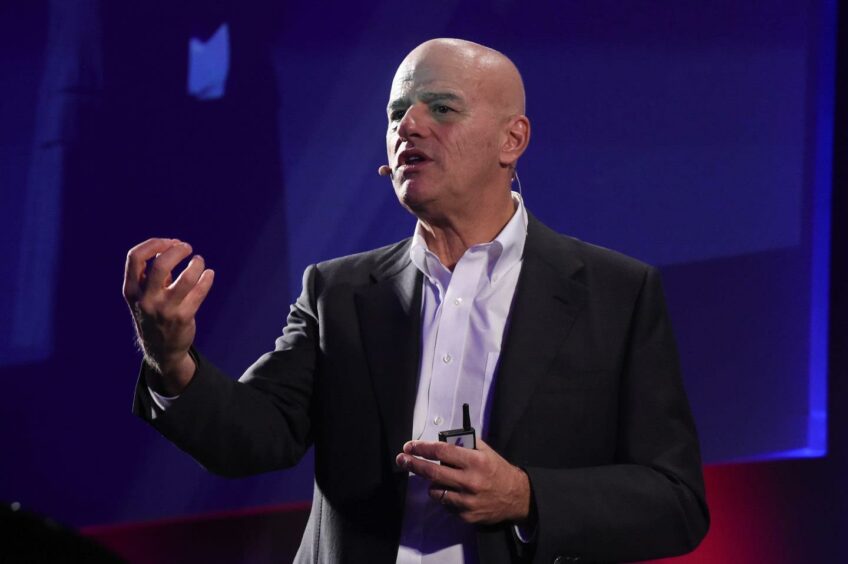
Eni (MIL:ENI) has drilled an exploration well marking a second discovery on the Baleine structure, offshore Cote d’Ivoire.
The Italian company drilled the Baleine East 1X well, the first well on CI-802. The company described the results from the well as “excellent”, boosting hydrocarbons in place on the Baleine field to 2.5 billion barrels of oil and 3.3 trillion cubic feet of gas.
The Baleine East 1X found a continuous oil column of around 48 metres. A horizontal leg, of 850 metres, provided a production test flow of “at least” 12,000 barrels per day of oil and 14 million cubic feet per day of gas.
Eni used the Saipem 12000 drillship. The well reached a final depth of 3,165 metres in around 1,150 metres of water.
It drilled the well 5 km east of the Baleine discovery, in CI-101.
Drilling and development
Eni will now drill a third well on the Baleine field. It plans to reach first oil in the first half of 2023, only 18 months after the first Baleine discovery.
The Baleine East 1X well will provide Eni with more data on how to optimise the full field development.
The Italian company is the operator of the CI-802 block with a 90% stake. State-owned Petroci has the remaining 10%. The Baleine field covers two blocks, CI-101 and CI-802, while Eni also owns CI-205, CI-501, CI-504, CI-401 and CI-801.
The company drilled the first Baleine discovery in September 2021, with the Saipem 10,000. Initially, the company put the volumes on this find at more than 2bn barrels of oil and 2.4 tcf of gas.
Eni CEO Claudio Descalzi, in talks with Cote d’Ivoire President Alassane Ouattara, has said the project would be net zero for its scope 1 and 2 emissions. What emissions cannot be avoided will be offset through the provision of improved cooking stoves and forestry projects.
Eni is due to announce its second quarter results on July 29.
Recommended for you

